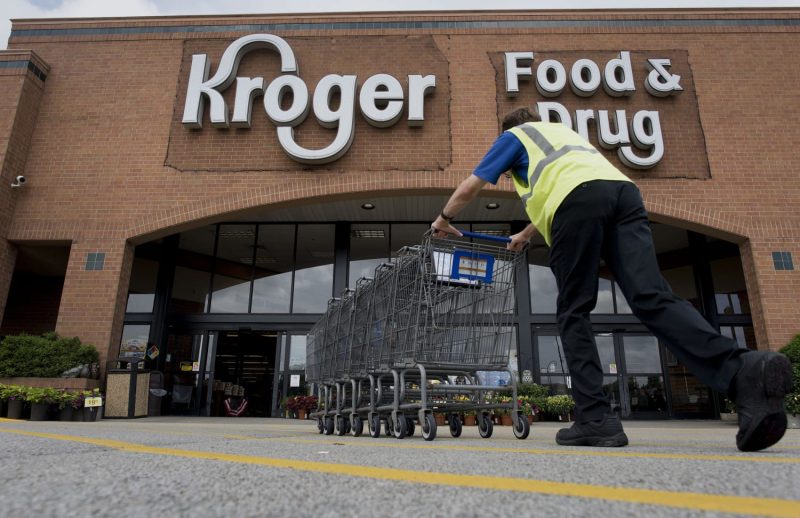The recent decision by the Federal Trade Commission (FTC) to pursue legal action to block the proposed merger between Kroger and Albertsons has sent shockwaves through the retail and grocery industry. This potential merger, which would create a powerhouse in the food retail sector, has been met with intense scrutiny and debate from various stakeholders.
At the heart of the FTC’s opposition to the Kroger-Albertsons merger are concerns about anti-competitive behavior and potential harm to consumers. The agency argues that the merger would significantly reduce competition in the grocery market, leading to higher prices and fewer choices for customers. This, in turn, could harm low-income consumers who rely on affordable grocery options.
Proponents of the merger, on the other hand, argue that the combined entity would have greater purchasing power and operational efficiencies, which could result in cost savings that could be passed on to consumers. They also highlight the potential for improved product offerings and customer experiences as a result of the merger.
The outcome of this legal battle will have significant implications for the food retail industry. If the FTC successfully blocks the merger, it would signal a strong stance against anti-competitive practices in the sector. It would also set a precedent for future mergers and acquisitions in the grocery market, with companies being more cautious about engaging in deals that could raise regulatory concerns.
If the merger is allowed to proceed, it could lead to a wave of consolidation in the industry as other players seek to strengthen their positions in the face of growing competition from e-commerce giants like Amazon. This could result in a landscape dominated by a few major players, potentially limiting choices for consumers and raising questions about market competitiveness.
Ultimately, the fate of the Kroger-Albertsons merger will be decided by the courts, and the implications of this decision will reverberate throughout the food retail industry. As stakeholders closely watch this legal battle unfold, one thing is clear: the outcome will shape the future of the grocery market and have far-reaching consequences for consumers, competitors, and regulators alike.
